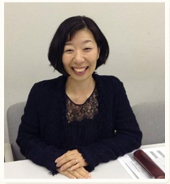Nuclear Disaster Compensation: A Call for Action

Northwestern University and the Bulletin of the Atomic Scientists will highlight the human toll of nuclear catastrophes worldwide as well as actions scientists, policymakers and citizens can take to prepare for future nuclear accidents as the 10th anniversary of the Fukushima nuclear disaster approaches and the Doomsday Clock hits 100 seconds to midnight.
March 9, 2021, 4-6 p.m. CST / March 10, 2021, 7-9 a.m. GMT +9
The event will be broadcast in both English and Japanese
Opening Remarks
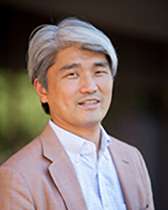 |
Hirokazu Miyazaki, Kay Davis Professor of Anthropology, Northwestern University, and Editor of “Nuclear Compensation: Lessons from Fukushima” |
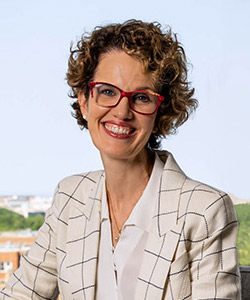 |
Annelise Riles, Executive Director, Northwestern Roberta Buffett Institute for Global Affairs and Associate Provost for Global Affairs, Northwestern University |
Keynote Address
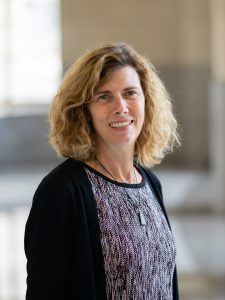 |
“Nuclear Power in the Context of the Fukushima Accident: A Reflection after 10 Years Since 3/11/2011”Allison Macfarlane, Director, University of British Columbia School of Public Policy and Global Affairs and former chairman of the U.S. Nuclear Regulatory Commission |
Presentations
|
|
“The Compensation Scheme for the Nuclear Power Plant Disaster in Fukushima”Yuki Ashina, Partner, Hinodecho Law Office, Shizuoka |
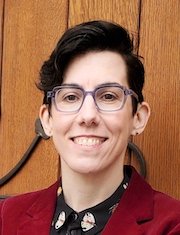 |
“Mapping Three Mile Island: Nuclear Liability and Compensation in the United States”Mary Mitchell, Assistant Professor at the University of Toronto's Centre for Criminology & Sociolegal Studies |
|
|
“Compensation for Transboundary Claims in Nuclear Disasters”Annelise Riles, Executive Director, Northwestern Roberta Buffett Institute for Global Affairs and Associate Provost for Global Affairs, Northwestern University |
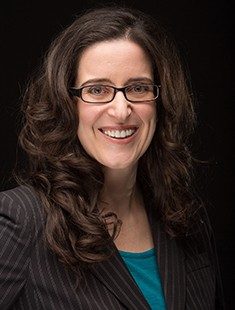 |
“Nuclear Liability and Compensation Models after Chernobyl”Sonja Schmid, Associate Professor and Co-Director of the National Capital Branch of the Department of Science, Technology, and Society, Virginia Tech |
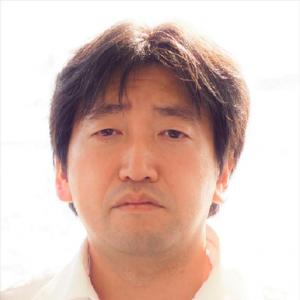 |
“Compensation for Transboundary Claims in Nuclear Disasters”Dai Yokomizo, Professor, Graduate School of Law at Nagoya University |
Perspectives from Fukushima
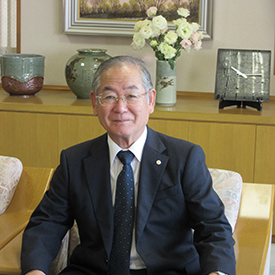
Kazuhiro Yoshida is currently serving his first term as the mayor of the town of Namie, Fukushima. He previously served as a member of the Namie Town Council for more than twenty years.
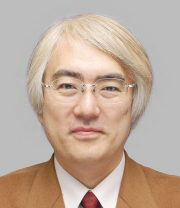
Takao Suami is a professor at Waseda University law School, in Tokyo, Japan. He studied law at the University of Tokyo (LL.B.), Cornell Law School (LL.M.), and the University of Leuven (KU Leuven) (LL.M.). He was previously an associate professor at Yokohama National University. He was also a visiting professor at Duke University law School in 2007 and at the University of Pennsylvania Law School in 2016. He formerly served as the president of the Japanese Association of EU Studies. He is a council member of the Japan Association of International Economic Law and a member of the board of trustees of the Japanese Association of International Law. His teaching and research interests lie in EU law, international economic law, competition law, professional responsibility, and judicial policy making in Japan.
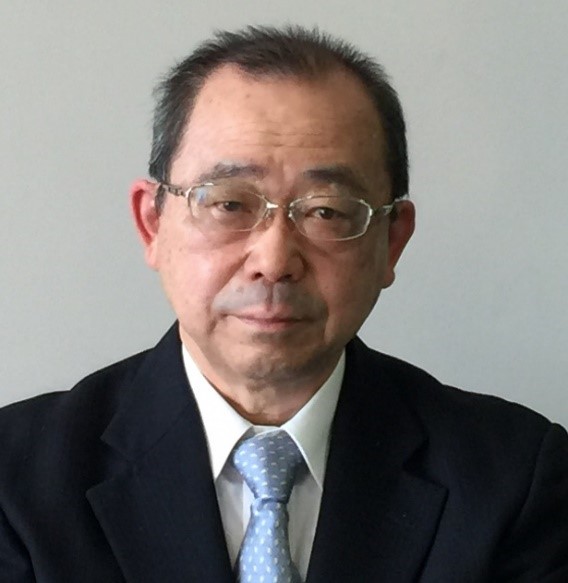
Masakazu Suzuki is the leader of the plaintiffs in Namie residents’ collective lawsuit against the Japanese government and TEPCO. He graduated from the Department of Economics, Fukushima University. From 1987 to 2005, he served as a member of the Namie Town Council. He served as the chairperson of the Special Committee on Nuclear Energy Measures. His publications (all in Japanese) include The Testimony of an Abandoned Nuclear Disaster Victim (2018) and “The Termination of an Alternative Dispute Resolution Case and the Namie Nuclear Disaster Lawsuit: From ‘Abandoned Nuclear Disaster Victims’ to Agents for Historical Transformation” in New Social Movements of the 21st Century and Fukushima: The Potential Power of People who Have Risen Up, Yasuo Goto and Nobuyo Goto, eds (2020).
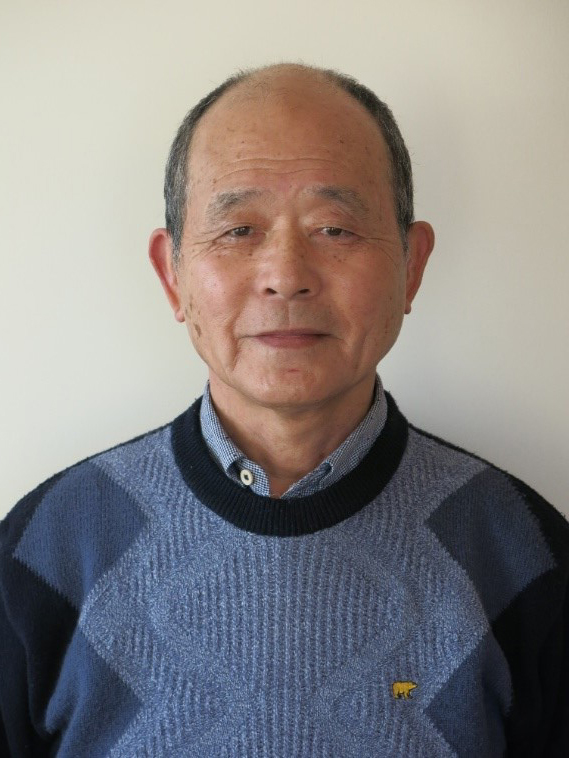
Hidenori Konno is the leader of the plaintiffs in Namie-Tsushima residents’ “Give Us Back Our Homeland” collective lawsuit against the Japanese government and TEPCO. He also serves as the leader of the Shimotsushima district of the town of Namie and the president of the Shimotsushima Folk Performing Arts Preservation Association. After graduating from the Faculty of Law, Doshisha University, Kyoto, he worked in various Fukushima prefectural government departments and agencies.
Panel Discussion
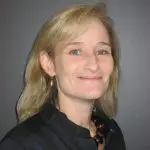 |
Rachel Bronson, President and CEO of the Bulletin of the Atomic Scientists |
 |
Allison Macfarlane, Director, University of British Columbia School of Public Policy and Global Affairs and former chairman of the U.S. Nuclear Regulatory Commission |
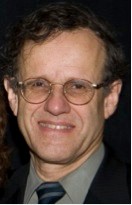 |
Robert Rosner, William E. Wrather Distinguished Service Professor, the Harris School of Public Policy, Departments of Astronomy and Astrophysics, Physics, Enrico Fermi Institute and the College, The University of Chicago |
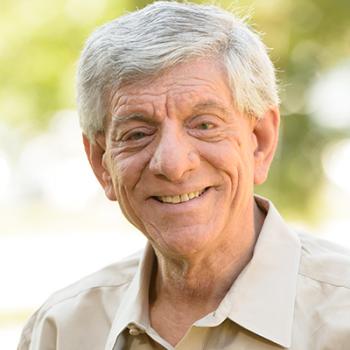 |
Edward Tanzman, Manager, Emergency and Disaster Analytics, Argonne National Laboratory |
Q&A With Presenters and Panelists
Report Synopsis
Nuclear energy provides 10 percent of electricity worldwide, a percentage that is likely to increase as nation states work to fuel growing economies while limiting the devastating environmental effects of carbon-based energy sources. Yet, on the tenth anniversary of Japan's devastating earthquake, tsunami and Fukushima nuclear accident, we are reminded that nuclear energy imposes unique risks and burdens on citizens. Across three major disasters—Three Mile Island in 1979, Chernobyl in 1986, and Fukushima in 2011—those affected by nuclear reactor meltdowns have been forced to navigate complicated administrative and legal processes in an attempt to rebuild their lives and communities. Taxpayers and ratepayers, meanwhile, have borne many of the financial burdens of these disasters. These are important issues that deserve to be addressed in a more intentional way, but often recede into the background given the rarity of nuclear accidents and stigma attached to planning for them. This report shows that current compensation plans have not met the needs of nuclear disaster victims, and calls for a more inclusive process for making nuclear energy decisions that gives ordinary citizens a seat at the table.

